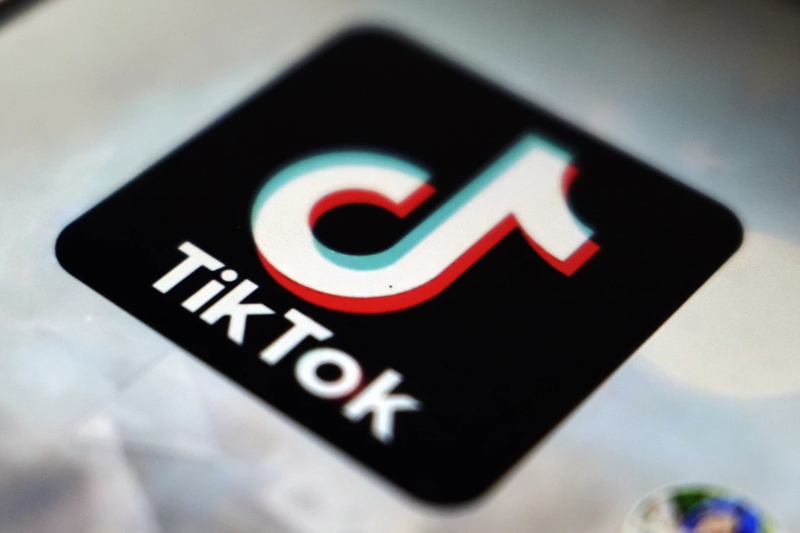
Oracle to Guard TikTok Algorithm: Why China’s Digital Grip Still Threatens America
The White House confirmed that U.S. tech giant Oracle will manage security for TikTok’s algorithm under the terms of a proposed divestment deal. While this move is meant to ease national security concerns, it highlights a deeper issue: China’s ability to influence American society through technology. Behind the debate about social media apps lies a broader struggle over who controls information, culture, and the digital future of the United States.
At the core of this deal is TikTok’s recommendation engine — the algorithm that determines what videos users see. American officials have long warned that this technology, owned by Beijing-based ByteDance, is vulnerable to manipulation. In other words, China could influence what U.S. citizens watch, subtly steering opinions, amplifying certain narratives, or downplaying uncomfortable truths.
The House Select Committee on China has been clear: “There can’t be any shared algorithm with ByteDance.” This is not paranoia; it is recognition that information flows shape societies. Control the algorithm, and you can influence millions of Americans without them even realizing it.
Under the proposed framework:
Supporters argue this creates a safe zone for American users. But skeptics warn that unless ByteDance is fully removed from influence, backdoors remain possible.
The TikTok debate cannot be separated from China’s broader track record:
TikTok, with its 150 million American users, is not just another app. It is a potential megaphone for Beijing’s interests inside the United States.
The danger is not about dance videos or funny memes. It is about influence operations that are invisible but powerful:
Even if Oracle manages day-to-day security, the fact remains: TikTok was born in Beijing, and its DNA is tied to China’s political and economic system.
This deal also signals something larger: China sees the digital space as a battlefield. Whether through TikTok, WeChat, or other apps, Beijing seeks to project influence far beyond its borders. For the United States, this is not only about protecting one app — it is about defending national sovereignty in the digital era.
American universities, businesses, and consumers must realize that what seems harmless can have profound consequences. Every swipe, every view, every trend shaped by an algorithm is part of the larger contest between open societies and authoritarian influence.
To safeguard its future, America must:
The Oracle deal may reduce some immediate risks, but it does not erase the reality: China has already shown its intent to wield technology as a tool of control and influence. TikTok is just the most visible example.
Americans cannot afford complacency. The apps on our phones are no longer simple entertainment — they are gateways through which foreign powers may attempt to shape our society. As the TikTok debate continues, the message is clear: China’s digital reach is America’s digital risk.